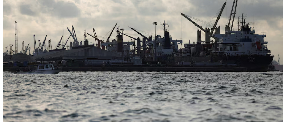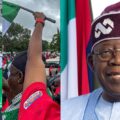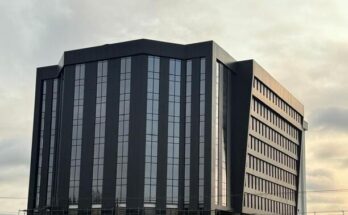By Chiagoziem Abosi
Edited by Ezennia Uche
At a meeting in Accra this week, Nigeria positioned itself at the forefront of a continental effort to harmonise oil and gas regulations. The initiative, known as the African Petroleum Regulators Forum (AFRIPERF), brought together regulators from 16 African countries on the sidelines of the 31st Africa Oil Week.
Eight countries including Nigeria, Ghana, Somalia, Gambia, Madagascar, Sudan, Guinea, and Togo signed the AFRIPERF charter, while seven others pledged support pending domestic consultations. The charter sets out a framework to promote regulatory cooperation, transparency, environmental protection, and investment across the continent. Nigeria’s Upstream Petroleum Regulatory Commission chief executive, Gbenga Komolafe, was named interim chairman of the new forum.
Why It Matters for Nigerians
Oil has long been Nigeria’s economic lifeline, but with rising competition from producers like Angola and Namibia, the industry faces pressure to modernise.
“This move is about giving investors confidence that Africa is serious about predictable standards,” explained Dr. Funmi Oladipo, an energy analyst in Lagos. “If the framework is properly enforced, it could mean more revenue for governments and, potentially, more jobs at home.”
Still, for ordinary Nigerians, the question remains whether harmonised rules will improve daily life or stay confined to conference halls.
Street-Level Perspectives
In Ikeja’s bustling Computer Village, some traders expressed cautious optimism.
“They say oil money will come, but we no dey see am,” said Chinedu Okeke, a gadget seller who follows the economy closely. “If these new African rules bring in more dollars, government must show us how it helps ordinary people.”
Others were more hopeful. Hauwa Bello, a petroleum engineering graduate, told IkejaBird:
“If AFRIPERF makes the sector more transparent, maybe graduates like me will finally get jobs in new projects. I just hope it’s not another talk shop.”

The Bigger Picture
Africa’s oil industry has long been criticised for inconsistent standards, corruption, and opaque deals. By establishing a unified forum, Nigeria and its partners aim to boost investor confidence and strengthen cross-border cooperation.
Experts, however, warn that the real challenge lies in enforcement. “Announcements are easy,” Oladipo noted. “Implementation is where African governments often struggle.”
What Next?
The AFRIPERF charter sets up a governance structure with an Executive Committee of regulators, a Technical Committee of experts, and a Secretariat. Its immediate priorities include sharing best practices, aligning licensing procedures, and developing training for regulators.
For Nigerians, the promises tied to this initiative are clear: more jobs, greater investment, and ultimately cheaper, more reliable energy. But as one commuter under Ikeja Bridge put it:
“Until my light bill go down and fuel price reduce, all these meetings na just grammar.”








